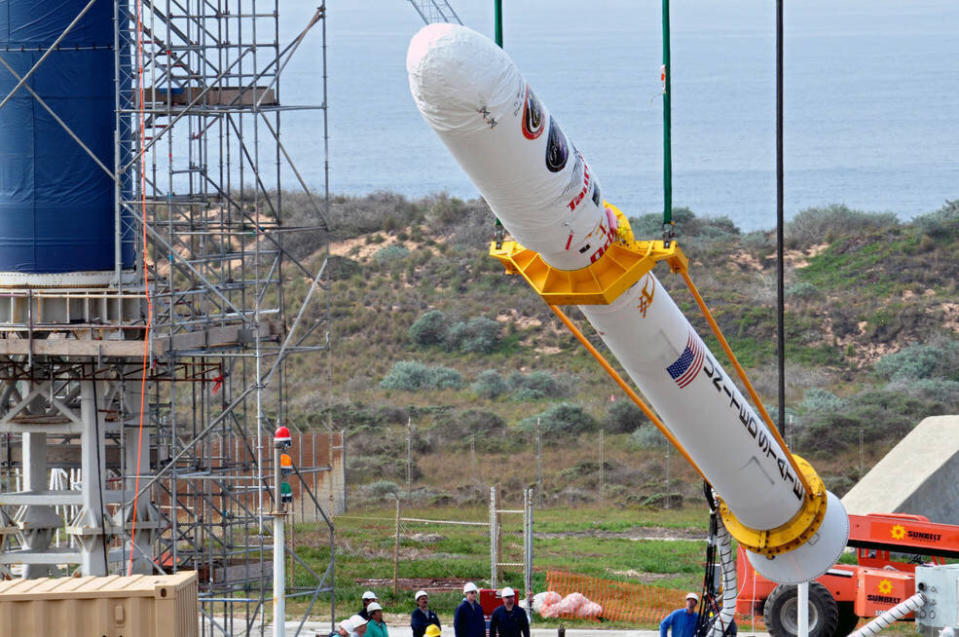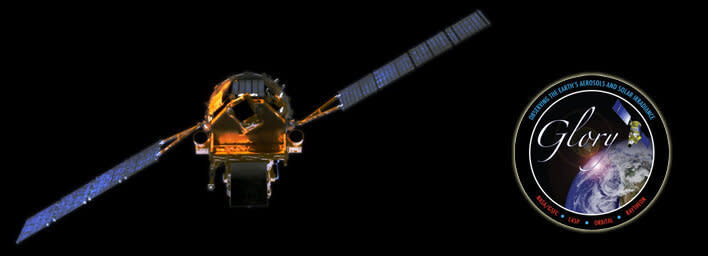NASA Says Faulty-Aluminum Scam Ruined 2 Missions, Cost It $700 Million
A former NASA subcontractor has agreed to pay $46 million after it was found to have knowingly sold faulty aluminum to the space agency and other businesses over 19 years. The scam resulted in two failed launch missions and more than $700 million in damages, NASA said.
Hydro Extrusion Portland, formerly known as Sapa Profiles Inc. (SPI), agreed to the fine after admitting to falsifying thousands of test results on aluminum extrusions that were sold to hundreds of customers, the Justice Department announced on Tuesday.
“Our partners at NASA and in the military ― as well as hundreds of private businesses ― put their faith in the integrity of this supplier and the structural integrity of its products,” said special agent in charge Loren “Renn” Cannon of the FBI’s Portland field office. “For almost two decades, this company’s greed violated that trust. Today’s proposed resolution is an important step to repairing the harm done.”

NASA blamed the faulty materials for the launch failures of its Taurus XL launch vehicle that was used in the agency’s Orbiting Carbon Observatory mission in 2009 and its Glory mission in 2011.
In the case of the 2011 launch of the Glory Earth-observing satellite, a protective clamshell covering on the Taurus XL rocket was found not to have separated as planned after launch. With the covering intact, NASA said , the rocket was too heavy to get the satellite into orbit and both the rocket and satellite plummeted into the Pacific.

Former SPI lab supervisor Dennis Balius admitted to routinely falsifying and instructing other employees to falsify test results during his employment from 2003 to 2015. He was sentenced last August to three years in prison for mail fraud and ordered to pay more than $170,000 in restitution, the Justice Department said.
The company said in a statement that it learned about the altered test records in 2015. “Certain employees” at its Portland, Oregon, plant were responsible, SPI said, and it stopped the misconduct “immediately,” terminated the employees and reported the misconduct to U.S. government officials and SPI’s customers.
SPI was also suspended as a federal government contractor in 2015.
NASA said investigators with its Launch Services Program helped unravel the aluminum scam after undertaking a multiyear investigation into the failed launches.
“NASA relies on the integrity of our industry throughout the supply chain. While we do perform our own testing, NASA is not able to retest every single component. That is why we require and pay for certain components to be tested and certified by the supplier,” said Jim Norman, NASA’s director for launch services.
Norman lamented the “loss of more than $700 million, and years of people’s scientific work,” and added: “It is critical that we are able to trust our industry to produce, test and certify materials in accordance with the standards we require. In this case, our trust was severely violated.”
The company will pay $34.1 million in combined restitution to NASA, the Department of Defense’s Missile Defense Agency and commercial customers, as well as forfeit $1.8 million in ill-gotten gains, the Justice Department said.
This article originally appeared on HuffPost.

